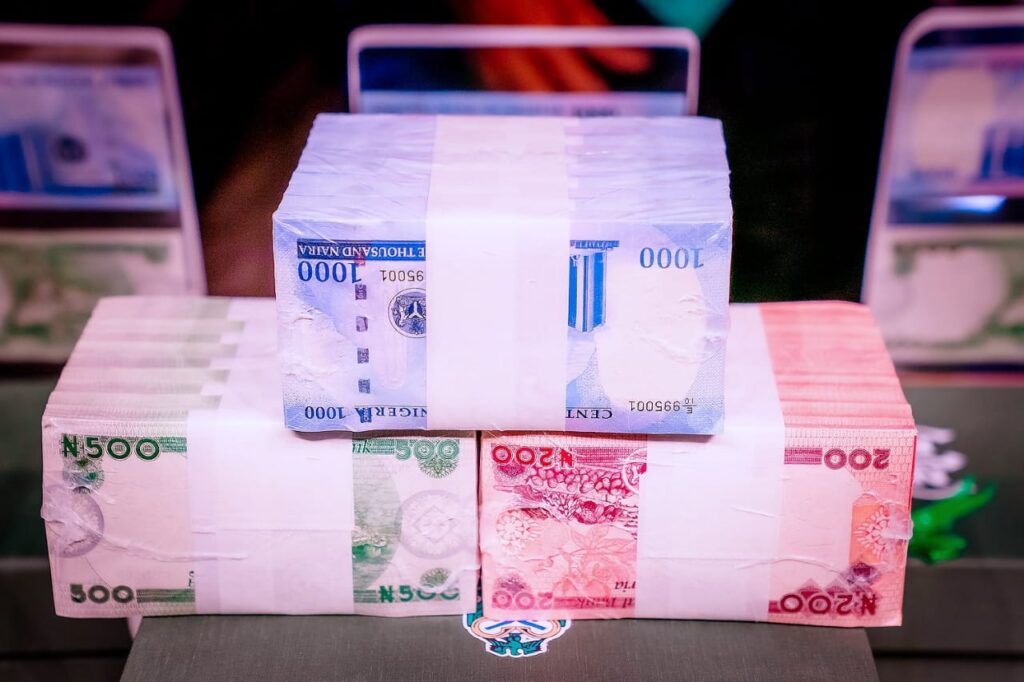The Minister of Finance and Coordinating Minister of the Economy, Wale Edun, announced that Nigeria officially commenced the sale of crude oil and refined products in naira on October 1. This strategic initiative aligns with the directive from the Federal Executive Council (FEC).
Stakeholder Engagement
In a statement released by Mohammed Manga, Director of Information and Public Relations at the Ministry of Finance, it was revealed that the commencement of this initiative was confirmed during a meeting of the Implementation Committee. This meeting was chaired by Edun and included key stakeholders such as:

- Honourable Minister of State for Petroleum (Oil)
- Special Adviser to the President on Revenue
- Special Adviser to the President on Energy
- Chief Executive of the Nigerian Midstream and Downstream Petroleum Regulatory Authority (NMDPRA)
- Representatives from the Dangote Group and Nigerian National Petroleum Company (NNPC)
Economic Impact and Future Outlook
Manga emphasized that this bold step, taken by the administration of President Bola Tinubu, is anticipated to have a profound and lasting impact on Nigeria’s economy, fostering growth, stability, and self-sufficiency. As the country navigates the complexities of global markets, this initiative positions Nigeria for future success.
Background on the Initiative
This move follows the FEC’s approval of a proposal by President Tinubu, directing the NNPC to sell crude oil to Dangote Petroleum Refinery and other local refineries in naira. The policy aims to stabilize pump prices, potentially leading to lower and more predictable fuel costs for consumers.
Benefits of Naira Transactions
Conducting transactions in naira instead of dollars is expected to ease pressure on Nigeria’s foreign exchange reserves. This shift could stabilize the dollar-naira exchange rate and help control inflation. Furthermore, the policy is designed to enhance local refining capacity, reducing dependence on imported fuel and saving billions of dollars for reinvestment in various sectors of the economy.
Strengthening Energy Security
Ultimately, the government’s initiative aims to bolster local refining capabilities, thereby strengthening Nigeria’s energy security and ensuring a more reliable, self-sufficient fuel supply for its citizens.
Source: ChannelsNews


















